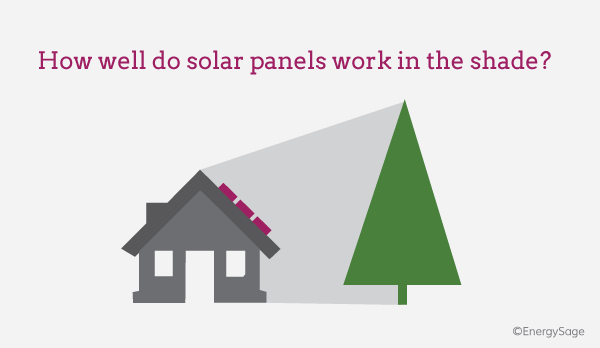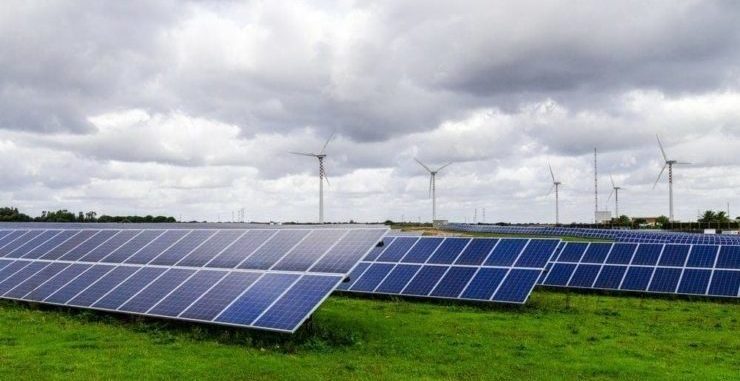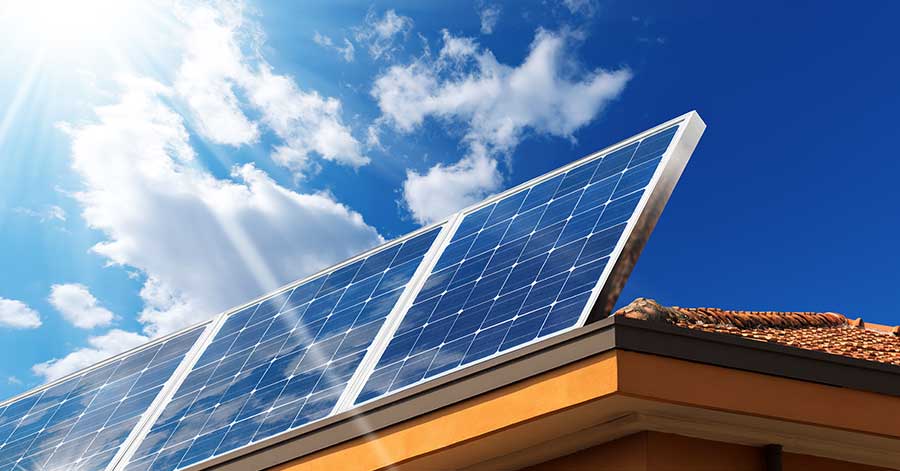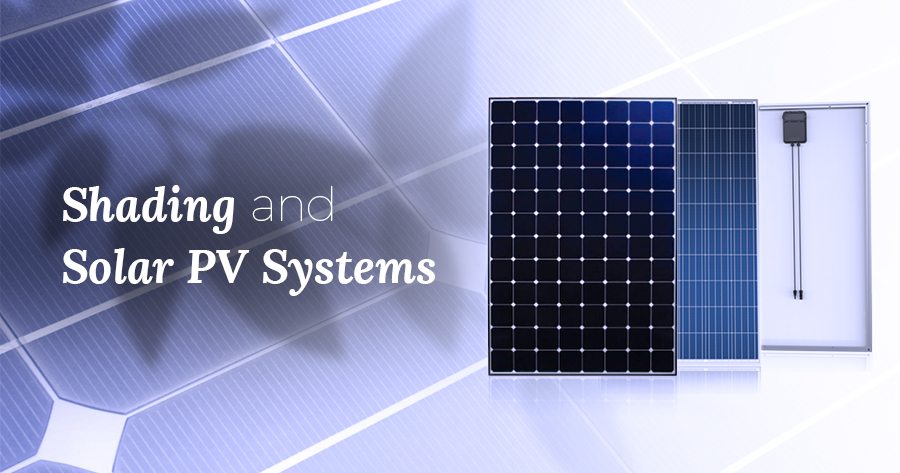Though the numbers will vary depending on how much shade the panels are facing the general rule with clouds and shade is that solar panels will produce about half as much energy as they would with direct sunlight.
Do solar panels work in partial shade.
The output will be reduced but yes solar panels will still work in the shade just at less capacity.
What are some strategies for dealing with potential shading of solar arrays.
Partial cell shading that reduce solar panel power by half.
Though the output will be reduce solar panels will still work in the shade just at less capacity due to lower sunlight exposure.
Partial shading of even one cell on a 36 cell solar panel will reduce its power output.
Solar panels will still work producing electricity even when they are partially shaded.
In fact solar panel shading can become a significant drain of energy on the entire system over time.
This physical difference makes it far more difficult to shade an entire cell.
A visual explanation of how shading affects solar panels to help you understand exactly what is meant by partial shading and how it affects the power output of a solar panel check out this video from the alte store.
This article was originally published in 2012.
To understand how this works we must dig further into the impact of shadings on solar power production the components of the solar panels and how they work when shades are present.
The main reason that amorphous silicon solar panels perform much better in the shade has to do with the way cells are laid out.
Crystalline silicon solar panels feature square compact cells whereas amorphous silicon panels feature larger area cells.
In fact a shadow cast on even just part of one solar panel in your solar array can potentially compromise the output of the whole system.
Solar panels work best when there is no shade cast upon them.
If they are completely blocked by an object however then the solar panel will stop producing electricity.
The use of half cut solar cells increases the available electric pathways in a solar panel making it more resistant to shade.
Thanks to this updated technology the amount of shade eclipsing the solar panel is now directly proportional to the amount of energy production the solar panel loses.










